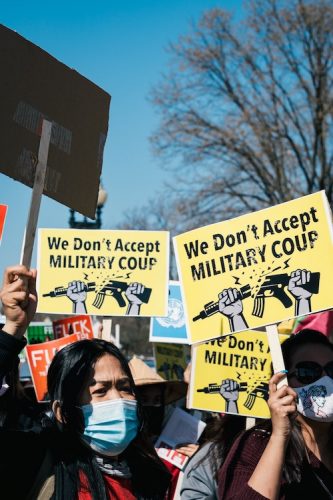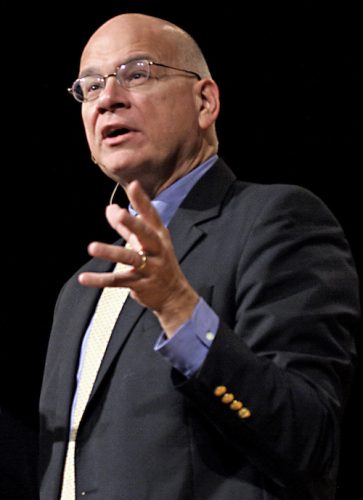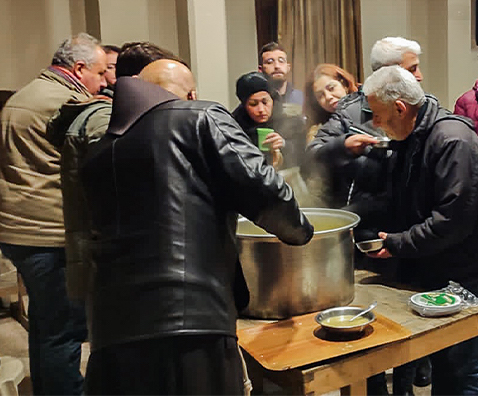Myanmar, bordered by Bangladesh and India in the west, China in the north, Laos and Thailand to the east, is a country blessed with serene beauty, a wealth of natural resources and populated by peace-loving people. Yet this nation, largely unexplored by Westerners, is in crisis.
In this blog (written in 2021) Chris Mabey offered several reasons for the current political and social implosion. Here he opens a window on worsening conditions in Myanmar and focuses on education as a glimmer of future hope.
 Deepening crisis
Deepening crisis
The second anniversary of the military coup in February 2021 has passed with no sign of return to the democracy that was beginning to emerge. More than 1,000 protestors have been killed, many more incarcerated. Teachers, medical staff and doctors, have fled to the jungles of Karen State and the Thai border for protection. In desperation, some are retraining as rebel militia. A shadow government has formed but has had no chance to flex its muscles.
The economic trading bloc ASEAN (Association of South Asian Nations) has proved powerless to influence the junta which has arbitrarily dissolved the National League for Democracy. Many of its members, including Aung San Suu Kyi, have already been imprisoned.
The price of protesting is high. Last year, we met a young Burmese woman. She described the weeks in Yangon when, as a mother with two young children, the military coup rocked her world.
“I had to join the protest on the streets,” she said, “I couldn’t just let it happen.”
Day after day she marched in solidarity with friends and neighbours, most were students and young people.
“On one occasion I noticed government troops on the rooftops either side of the street. I wasn’t worried because I assumed they were just keeping an eye on things. Then my friend beside me dropped to the ground. She was shot dead. I froze and must have passed out. I woke to find friends shielding me in the bushes telling me to keep down. I had blood splattered over my clothes.”
“My husband told me not to venture on the streets again. I have lost three friends. The troops were aiming their rifles at people’s heads … can you imagine that? Where is God in all this?” she asks.
A question that bothers me too.
Education is the key
Wholescale regime change would seem to be the only solution to save Myanmar from sliding into economic oblivion and mass poverty. Yet, I believe there is one key that could, in time, reverse the slide. And that is education.
Prospect Burma equip Burmese students to return to their home country with precious skills. They recently reported that: “Education in Myanmar is now an act of revolution. The junta knows knowledge brings power, so it denies young people education to render them powerless. But Myanmar’s Generation Z will not be beaten. Prospect Burma is supporting young people from all the ethnic communities of Myanmar who want to create a country free from fear.”
They do this by providing scholarships to help young people study professional skills which will serve their communities back home. Some train to become doctors, who will go on to save thousands of lives. Others study to become engineers, who will build public amenities such as hospitals – and roads to get there. More are wanting to study subjects like environmental protection, law and business, which will be essential to the future of the country.
If your heart is stirred to help these young people I would recommend prayerful support of Prospect Burma. It may take a decade or two for a new generation of returning millennials to bring societal shifts. But they are already having a huge impact in multiple fields.
As an example, doctoral student Phyu Pannu Khin tells me that there are currently just four qualified clinical psychologists in Myanmar, serving a population of 50 million people traumatized by decades of brutal dictatorship. From a deprived village background with no funds, she is now supported by scholarships and aims to become the fifth.
- Chris Mabey is a chartered psychologist and emeritus professor at the Business School, Middlesex University. His book Whispers of Hope: A Family Memoir of Myanmar is published by Penguin Random House. More details at www.chrismabey.co.uk.










